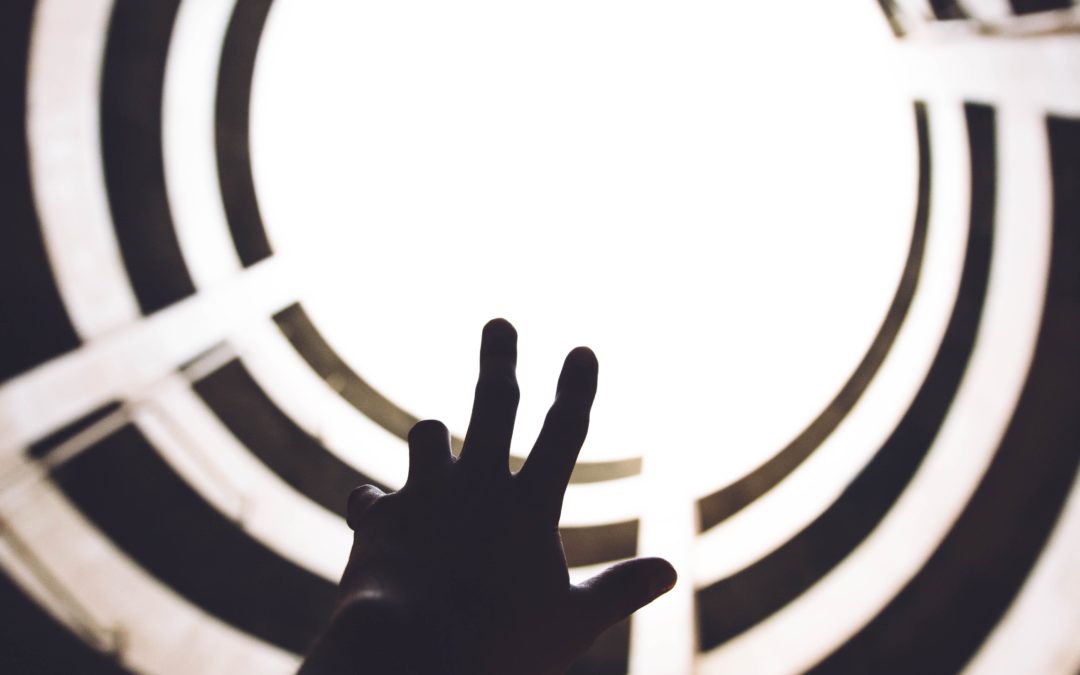Antidepressants seem to be one of the most controversial topics in the healthcare industry in the present day. In the field of addiction treatment and rehab for substance abuse disorders, the term “antidepressant” is thrown around frequently, but often people are still left with grave misunderstandings of what antidepressants are and do.
Do they help? Do they hurt? What are the risks? What are the benefits? What even are antidepressants?
Types Of Antidepressants
In short, antidepressants are one of the key components in most modern mental health and addiction treatment plans. Most of these medications act on neurochemicals in the brain such as serotonin, the neurochemical predominantly considered to be heavily linked to depression and other mood disorders.
Antidepressants affect the chemical compounds of the brain. SSRIs and SSNRIs work by increasing the amount of serotonin in someone’s mind.
There are three main types of antidepressants commonly used to treat major depressive disorder:
- Selective serotonin reuptake inhibitors (SSRIs)
- Selective serotonin noradrenaline reuptake inhibitors (SSNRIs)
- Tricyclic antidepressants (TCAs)
Sometimes, other types of medications are prescribed to work off-label as antidepressants as well, but the three medications are FDA-approved to treat depressive disorders and are the most commonly-prescribed medications for depression. Aside from psychological therapy and overall lifestyle changes, antidepressants can add the extra “push” in motivation, mood, and liveliness that those who are depressed may be lacking.
Defining Depression
Depression is often characterized by persistently low moods involving:
- Loss of interest in once-loved activities
- Changes in weight
- Changes in appetite
- Change in sleep patterns
- Thoughts of suicide
- Low Libido
- Difficulty concentrating
- Thoughts of low self-worth
- Guilt
- Shame
- Thoughts of suicide
- Low self-esteem
There are multiple major types of depression, including (but not limited to):
- Major Depressive Disorder
- Persistent Depressive Disorder
- Seasonal Affective Disorder
- Atypical Depression
- Premenstrual Dysphoric Disorder
Self-Medicating
The link between being diagnosed with Major Depressive Disorder and having a tendency towards addiction and substance abuse is not uncommon. In fact, those who develop depression are often much more at risk for developing an addiction in addition to their depression. Considering that those who are depressed are not necessarily born knowing how to fight depression they often lack the coping skills necessary to handle this mental disease.
Depression, as mentioned above, can include some seriously scary symptoms. For those who don’t know any better, a drink or a drug may seem appealing simply because it will take the pain of depressive symptoms away. However, in the long run, drugs and drinking will only prolong recovery from depression and other mental illnesses, increase the rate of relapse, and actually contribute to more depressive symptoms.
Alcohol, in particular, is a type of drug that can make someone feel happier in the moment, only to leave them crashing for days afterward.
In those who are trying to recover or abstain from a drink or a drug, depression can even be a trigger for relapsing in their addiction. In these cases, antidepressants are suggested frequently and worth a try.
Efficacy of Antidepressants
Normally, when someone is prescribed an antidepressant from their doctor, they don’t begin noticing any huge or authentic positive effects until at least a couple of weeks into their treatment. Some people, however, may notice benefits even sooner.
Efficacy of antidepressants depends on a myriad of factors, including body chemistry, age, metabolism, and of course the type of antidepressant acting on all of these things.
According to one study, 40-60 people out of 100 people who tried antidepressants saw an improvement in their depression after six to eight weeks of taking their medication. Other studies suggest similar results.
Side Effects
Despite the promise that antidepressants seem to provide the majority of people, they do come with some downsides. Side effects of antidepressants can be one of the top reasons that people may be reluctant to choose them as their first approach to depression or anxiety. Some side effects of common antidepressants include:
- Nausea
- Vomiting
- Loss of appetite
- Weight loss
- Increased Appetite
- Weight Gain
- Fatigue
- Dizziness
- Nervousness
- Agitation
- Restlessness
Usually, these side effects are either minimal or fade quickly after the start of treatment.
Drug interactions can occur between antidepressants and other medications, so being supervised by a psychiatrist and doctor consistently during depression treatment is essential.
There is no such thing as a “magic pill” for a mental illness. No one treatment modality for depression or addiction will be the cure-all. However, antidepressants are often a crucial part of treatment plans when it comes to helping those with depression and addiction and prove extremely beneficial to many people.


Recent Comments